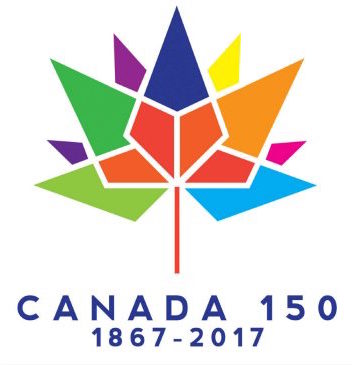 Sports has the ability to unite Canada, show the recently released findings of an Association for Canadian Studies survey.
Sports has the ability to unite Canada, show the recently released findings of an Association for Canadian Studies survey.
“A majority of Canadians agree that sports break down linguistic and cultural barriers to unite people,” the report states.
In Canada, immigrants from different countries and origins also bring with them some of their own favourite sports.
Dr. John Shields, interim academic director at Ryerson Centre for Immigration and Settlement (RCIS), highlights the growing popularity of cricket in Canada as an example.
“[There are a] lot of people coming from South Africa, Pakistan and India who are avid fans of cricket,” says Shields.
Immigrants from different countries and origins also bring with them some of their own favourite sports.
Sports history important to know
University of Toronto vice-president Bruce Kidd says including sports history in the country’s narrative is an important step in telling a complete story.
“If you don’t understand the role of sports in Canadian history, you missed an important part and your sense of Canadian history will be incomplete.”
For instance, Canadian national sports like lacrosse and hockey were part of the nation’s culture even before confederation. They were the outdoor games played by First Nations. Curling and golf arrived with Scottish immigrants in the 1600s.
Canadians also played important roles in the early beginnings of popular sports like football and basketball.
Kidd explains that when sports are adopted in Canada they are infused with Canadian values, skills and narratives.
“I would say that Canadians have put their own stamp on the games that we play.”
“I would say that Canadians have put their own stamp on the games that we play.”
Sports as a unifying force
Today, hockey alone can ignite patriotism throughout the country.
Jennifer Anderson, historian at the Canadian Museum of History, says hockey is often reflected in Canadian popular culture. Even those who are not enormous hockey fans come across cultural references to the game in everyday life through TV shows, books and children stories.
“Somewhere there is a link between the game and our culture, and I think it demonstrates the relationship that Canadians have to the game,” she explains.
While sports can be a unifying force, like other aspects of Canadian culture, it can also be divisive, says Kidd.
“During those times when Canadian teams made up of Anglophone and Francophone athletes lead internationally, it forges bilingualism and commonality,” he says.
However, he adds, “When you have the Canada games, which put efforts from each of the different provinces against each other, it may create rivalries on linguistic ground.”
Exclusion also part of sports history
While Shields says that sport “tends to bring people together in terms of common cause,” he points out there certainly has been a history of exclusion and racism in Canadian sports, too.
“Historically it was very hard for Aboriginal people to get into the professional hockey leagues, as was for Black people,” Shields says.
“Historically it was very hard for Aboriginal people to get into the professional hockey leagues, as was for Black people.”
Anderson explains that it’s not that First Nations people are dissatisfied with the way games like hockey and lacrosse have evolved; it’s more about the acknowledgement of their participation.
“They would like to be acknowledged as having participated in the game over an extended period of time,” she states. “Not just the beginning perhaps, not just the origin, but they continued to participate in the sport.”
Similarly, women have always been engaged in Canadian sports, but pre-Confederation, they were often barred from sports and had to participate informally.
Kidd says that women have gradually succeeded in winning opportunities for themselves in this area.
“I would say since the First World War, they played every sport that men played and today are an important, proud part of Canadian sports,” he adds.
Anderson emphasizes that “this hasn’t always been acknowledged in the same way as men sports has.”
Increasing the media’s coverage of women’s sports has been a long-fought battle, and there have been movements and conversations about ensuring equality.
“Currently [women’s sport is] still underperforming in the kind of media coverage it gets,” Anderson says. “But I think social media has changed this to some degree and to some extent has shifted the way women sports is being covered.”
Sports have long been an important part of the Canadian economy, culture and education system, but experts like Anderson suggest that more efforts are required to promote equality in Canadian sports.
Specifically, they suggest we need to counter the growing cost of playing sports, ensure greater exposure of women’s sports and include more First Nations people in the national sports arena.
Tazeen is based in Mississauga and is a reporter with the New Canadian Media. Back in Pakistan where she comes from, she was a senior producer and editorial head in reputable news channels. She holds a master’s degree in Media and Communication and a certificate in TV program production from Radio Netherlands Training Center. She is also the recipient of NCM's Top Story of 2022 award for her story a "A victim of torture, blogger continues fight for human rights in Pakistan"





